Researchers Demonstrate Autonomous Underwater Vehicle With Novel Thermal Recharging Engine
Green Car Congress
APRIL 6, 2010
NASA, US Navy and university researchers have successfully demonstrated the first robotic underwater vehicle to be powered entirely by ocean thermal energy. This expansion/contraction produces a high pressure oil that can be collected and periodically released to drive a hydraulic motor for electricity generation and battery recharging.








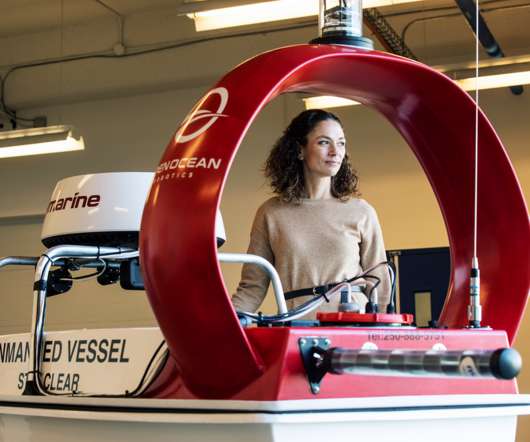






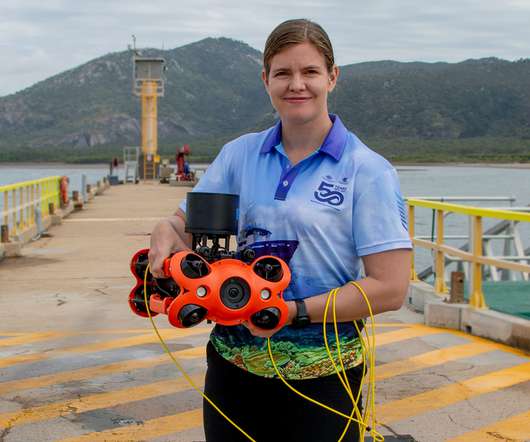
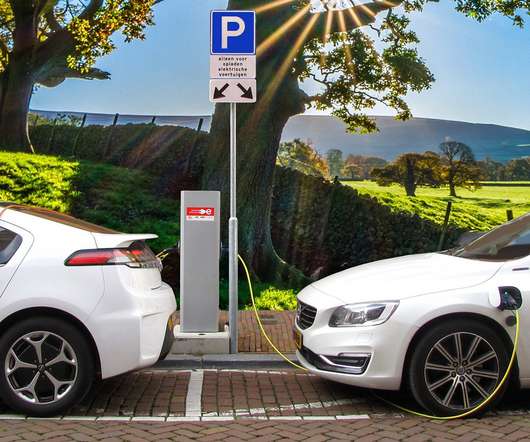






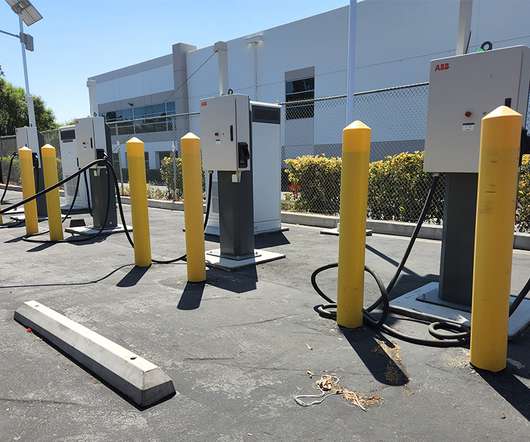




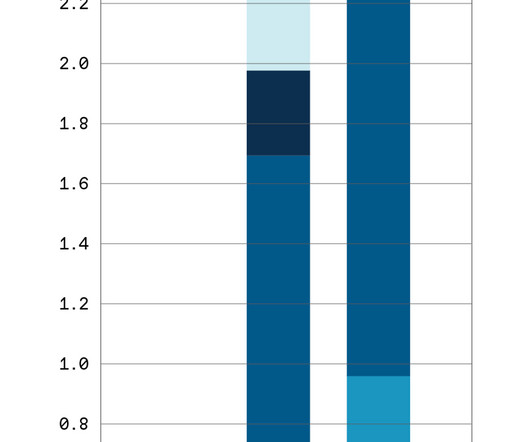








Let's personalize your content